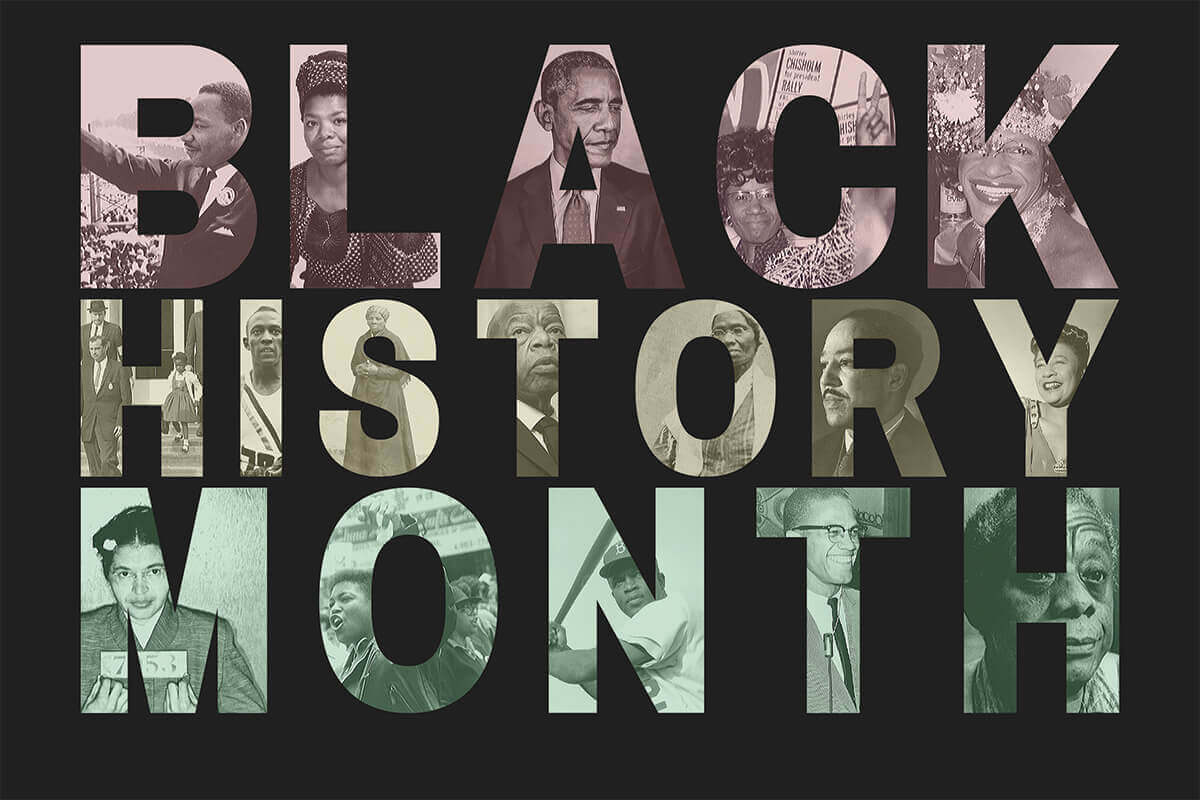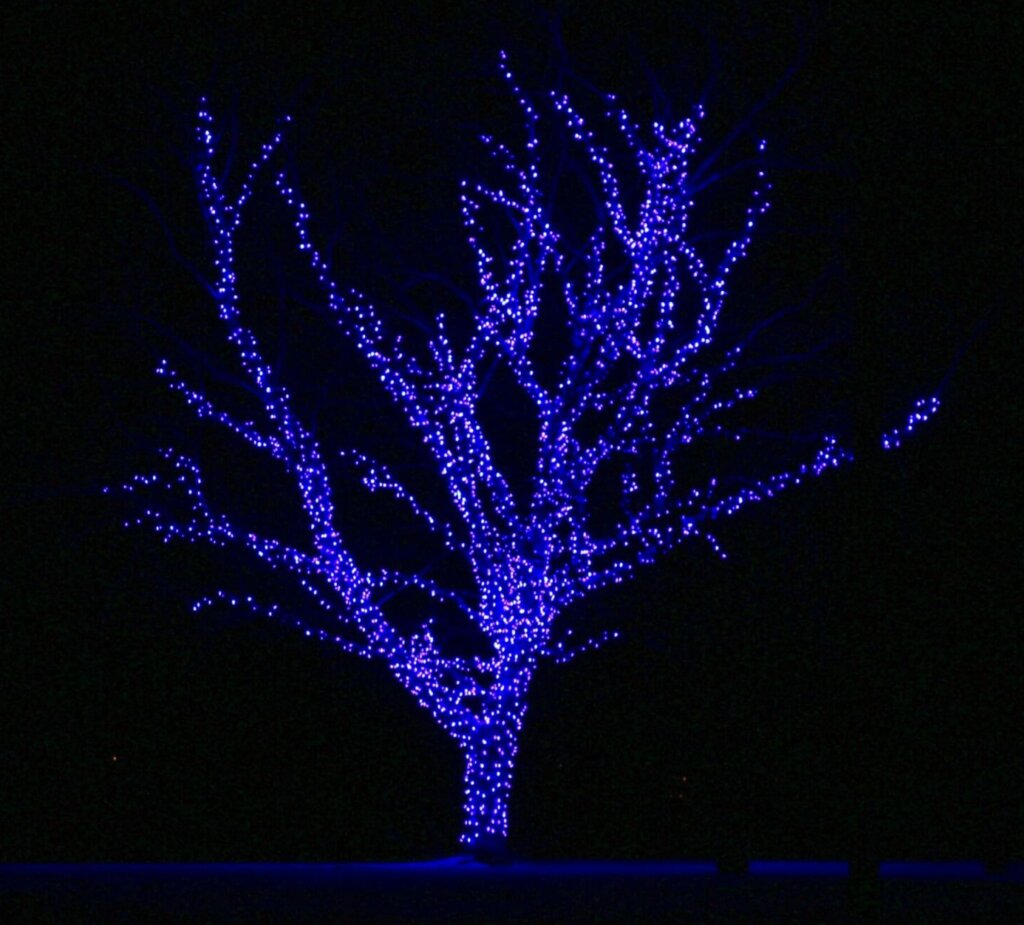Beloved community is formed not by the eradication of difference but by its affirmation, by each of us claiming the identities and cultural legacies that shape who we are and how we live in the world.
-bell hooks, Killing Rage: Ending Racism
Our church continues to sail through the stormy seas of the new year with determination, fortitude, and grace. We are undeterred by the unprecedented events of recent weeks. We know that our commitment to the liberal church and ministry stretches back almost a century and it will reach far into the future. We will continue to celebrate the thresholds of life together, to make justice in our world, and to grow in affection for each other and our neighbors.
We are launching new initiatives as a community as we are also mindful of how worn down many of us are in this last stretch of the pandemic. The white supremacist and far right wing insurrection last month was particularly traumatizing for the members of our community whose identities have long been the targets of far right wing ideologies. We must be strong in affirming our commitments to a multicultural, multiracial, and multi-religious world and congregational home. As we practice sustainability and creating spaciousness as a congregation, it is important that we recognize just how many pressures many of us and our church have been under this past year. We must do what we can to release some of the stresses in our life and in our community. This is a particularly good time to practice our caring for each other, being sensitive to the needs of others, and not adding more stress to our collective life.
Our congregational theme for February is “Beloved Community.” We’ve been talking a lot about what it means to be a beloved community over the past year. Beloved Community was popularized by the Rev. Dr. Martin Luther King, Jr., as the antidote to a racist society and as an aspiration to a community that was based on mutual affections and treating all people as our siblings. Unitarian Universalism adopted this aspiration as we moved beyond the idea of “the Kingdom of G*d on Earth” and towards promoting a “world community with peace, liberty, and justice for all”–our 6th UU Principle. Black History Month reminds us of just how far we’ve come and also how much further we have to go to realize a society of equity and a world where love reigns supreme. I hope you’ll explore the theme of Beloved Community in greater depth in the many church group gatherings this month.
Our Soul Matters partners offer a few guiding questions to focus our reflections this month: What was your first experience of Beloved Community? What is your first response when you hear the call to “Love your enemy”? Ibram X. Kendi writes: “One either allows racial inequities to persevere, as a racist, or confronts racial inequities, as an anti-racist. There is no in-between safe space of “not racist.” Looking back, how were you first taught that the space of “not racist” was real? It’s said that Beloved Community requires us to “get proximate to the marginalized.” What are you learning about the “right” and “wrong” way of doing that?
As always, if you are having a difficult time or would appreciate spiritual companionship, you can access our pastoral care team at pastoralcare@uusm.org. You may also submit joys, sorrows, and milestones to this address for inclusion in our community news and/or Sunday services.
With hope, faith, and love,
Jeremiah
Rev. Jeremiah Lal Shahbaz Kalendae
Developmental Minister





